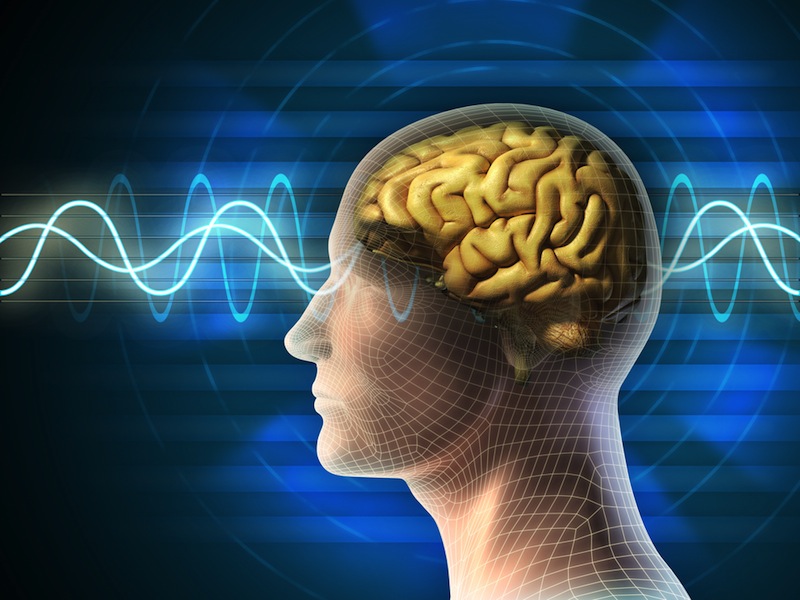
Christopher Wanjek
Christopher Wanjek is a Live Science contributor and a health and science writer. He is the author of three science books: Spacefarers (2020), Food at Work (2005) and Bad Medicine (2003). His "Food at Work" book and project, concerning workers' health, safety and productivity, was commissioned by the U.N.'s International Labor Organization. For Live Science, Christopher covers public health, nutrition and biology, and he has written extensively for The Washington Post and Sky & Telescope among others, as well as for the NASA Goddard Space Flight Center, where he was a senior writer. Christopher holds a Master of Health degree from Harvard School of Public Health and a degree in journalism from Temple University.
Latest articles by Christopher Wanjek

Christina's Diagnosis: Famous Painting Gets New Look
By Christopher Wanjek published
The woman in the famous painting "Christina's World" may not have had polio, as long thought.

Eye Scan May Detect Early Signs of Alzheimer's Disease
By Christopher Wanjek published
An eye-scan technique may detect the early signs of Alzheimer's disease, before major symptoms appear, a new report says.

Scientists Find New Way to Tan or Lighten Skin
By Christopher Wanjek published
Getting tan without UV rays, or lightening skin without toxic chemicals, could one day be possible thanks to a new discovery.
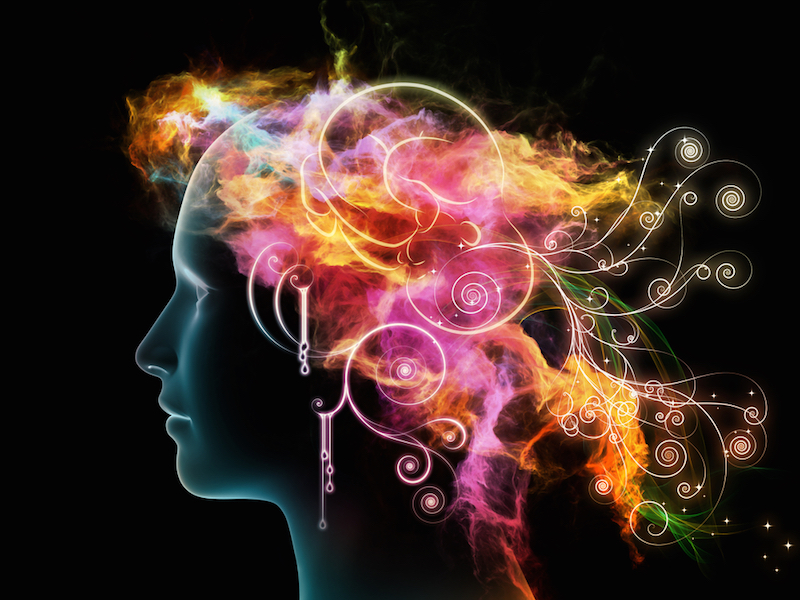
Zap! Sparking the Brain Stimulates Creativity
By Christopher Wanjek published
Transcranial direct current stimulation (tDCS) was used to stimulate an area of the brain known to be associated with creativity.

Are You Impulsive? Maybe Your Brain Is to Blame
By Christopher Wanjek published
People who seek risky thrills or act impulsively may have a thinner cortex around brain areas involved in decision making, a new study finds.

Brains Scans Reveal How People with Insomnia May Be Wired Differently
By Christopher Wanjek published

Is 'Cat Litter' Parasite Making You a Rageaholic?
By Christopher Wanjek published
People who are infected with a common parasite found in cat litter may face a higher risk of having uncontrollable bouts of rage.
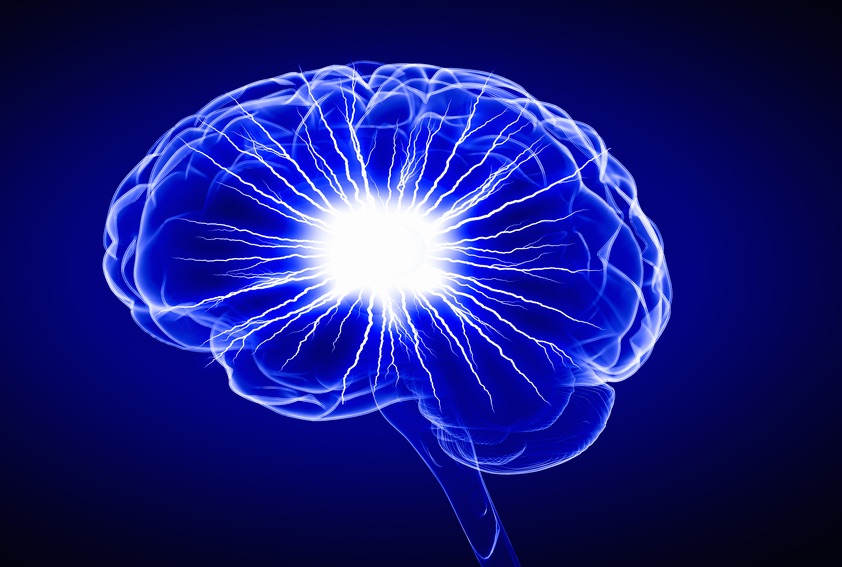
Brain Scans Show How Alzheimer's Emerges
By Christopher Wanjek published
For the first time, scientists have used brain scans to track the development of Alzheimer's disease in adults with no symptoms.

'Overdosing' on Exercise May Be Toxic to the Heart
By Christopher Wanjek published
Slackers, rejoice! You knew you were right about exercise all along, didn't you?

This Sugar May Be New Weapon Against Fructose
By Christopher Wanjek published
Fight sugar with sugar? A new study in mice suggests it might work.
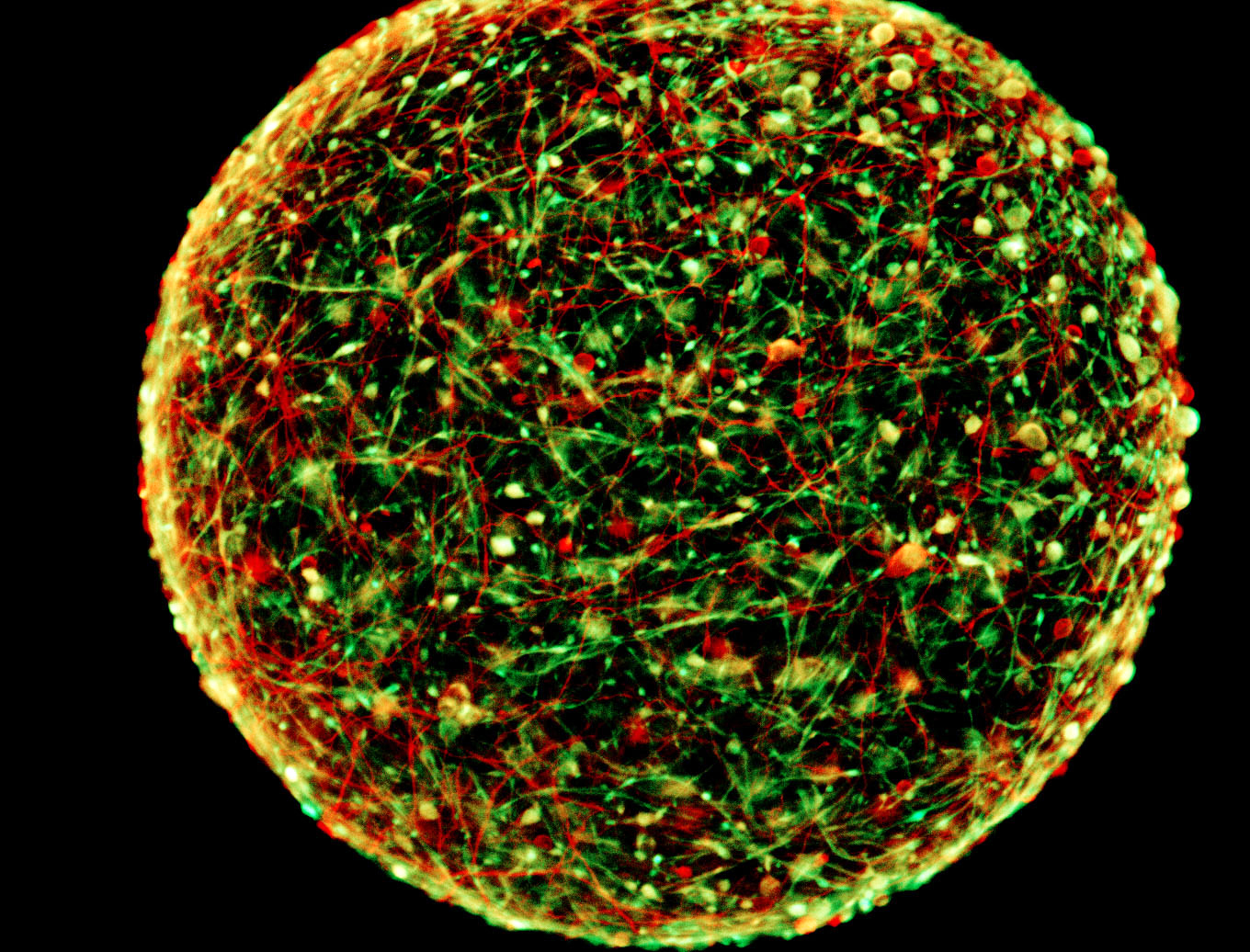
Mini-Brains Allow Scientists to Study Brain Disorders
By Christopher Wanjek published
Scientists say they have made human "mini-brains" the size of a fly's eye that, within a year, might replace lab animal models for research on drug addiction and other neurological disorders.

To Stop Brain Shrinkage, Start Moving
By Christopher Wanjek published
Couch potatoes beware: Exercising in middle age may be linked with a healthier brain later on, a new study finds.
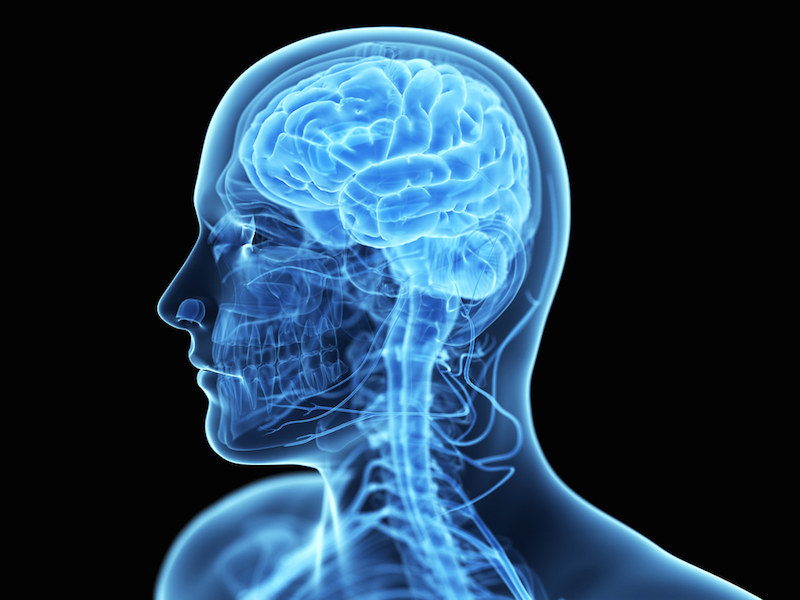
Low B12 Seen in Aging, Autism and Schizophrenia
By Christopher Wanjek published
A study of cadavers reveals a dramatic decrease of vitamin B12 in the brain across the ages but also among young people with autism and schizophrenia.
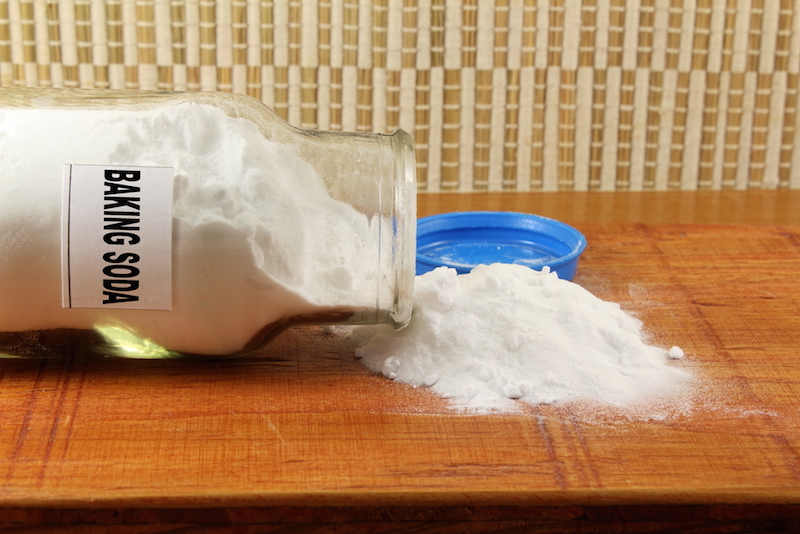
Baking-Soda Ingredient May Lower Risk of Premature Death
By Christopher Wanjek published
Older people who have lower levels of bicarbonate, a main ingredient in baking soda, in their blood may be at increased risk of premature death.

Mysterious Cancers of 'Unknown' Origin in Men Traced Back to HPV
By Christopher Wanjek published
Some cancers are mysterious, in that doctors cannot determine where they originated. Now, it seems that some of these cancers are caused by HPV.
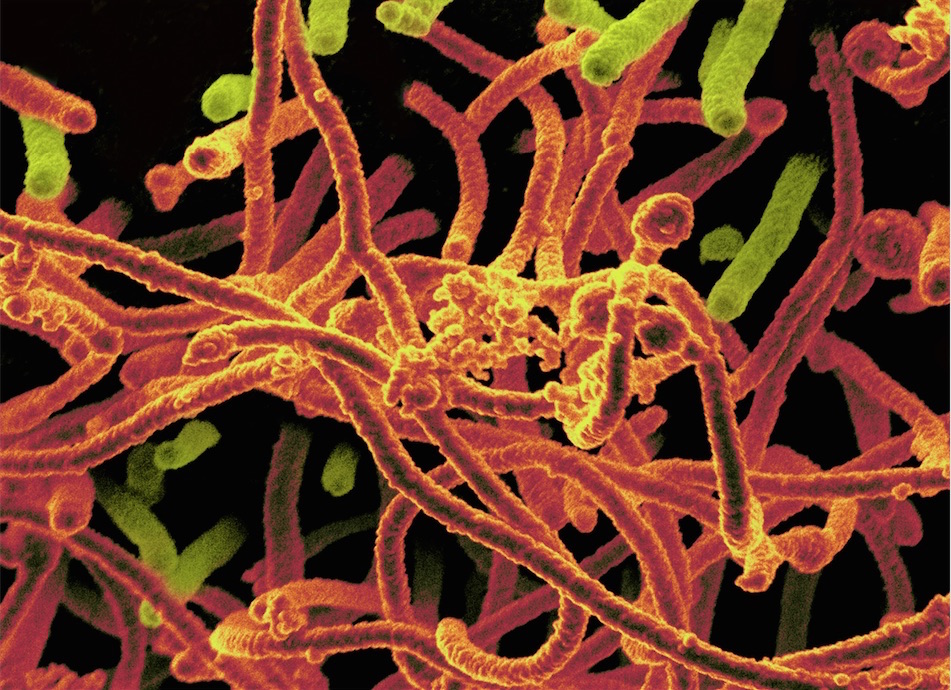
Scientists Make Gains on 'Universal' Ebola Medicine
By Christopher Wanjek published
Scientists have created a treatment that they say can fight the two deadliest strains of Ebola.

Suspect Science: The Top 5 Retracted Papers of 2015
By Christopher Wanjek published
Here is our annual countdown of the "top five" scientific retractions in the last year, some serious, most comical.
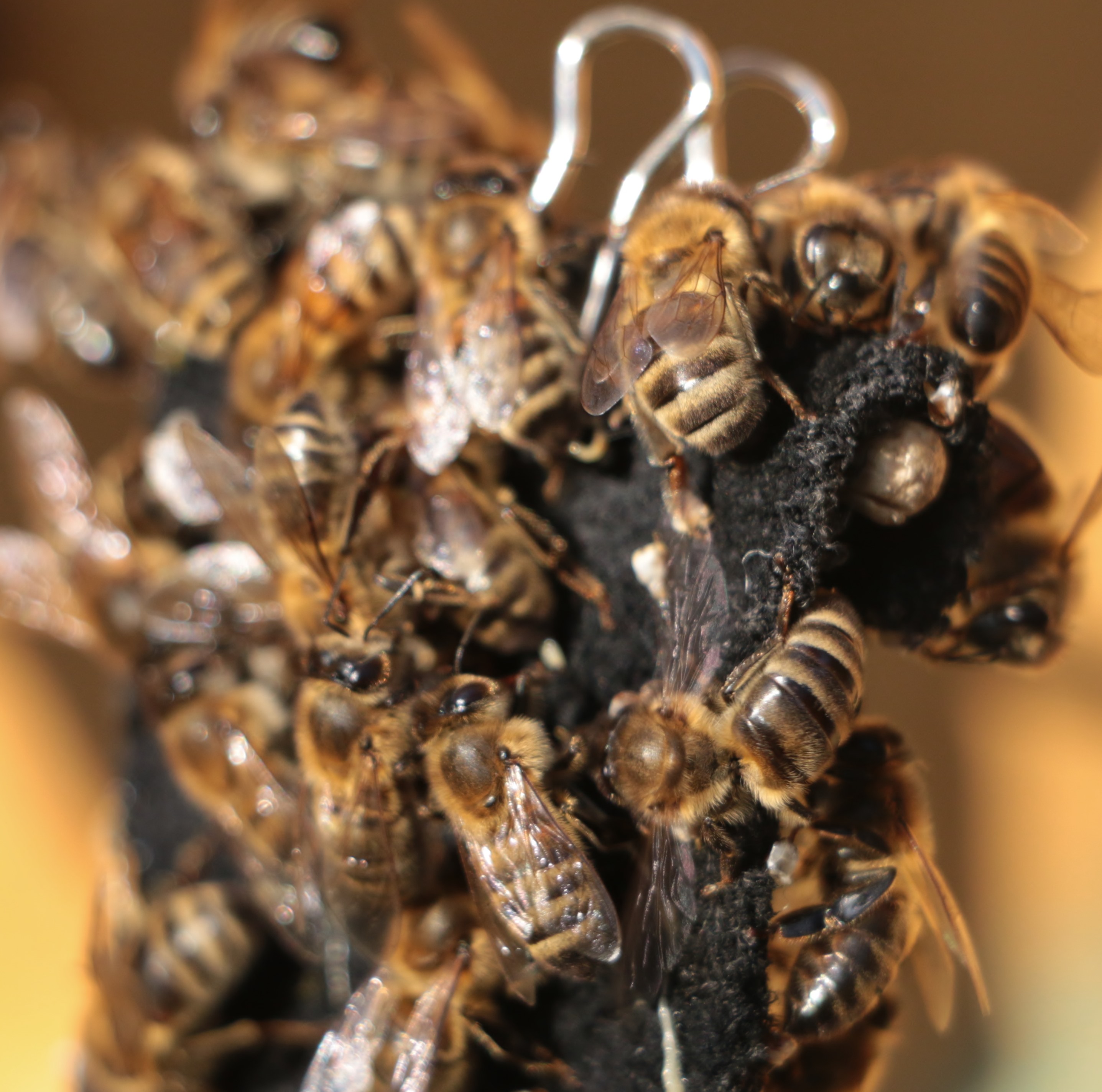
Flower Aroma Is a Honeybee's Chill Pill
By Christopher Wanjek published
Music has charms to soothe a savage breast. And, it seems, flowers can calm an aggressive honeybee.
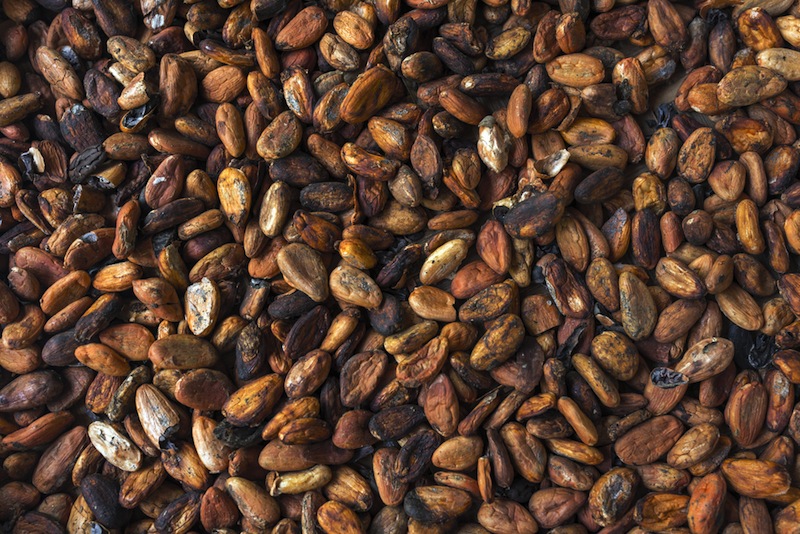
Cocoa Helps Kidney Patients Stave Off Heart Failure
By Christopher Wanjek published
Nutrients found in cocoa may improve the heart health, a new study of patients with advanced kidney disease finds.
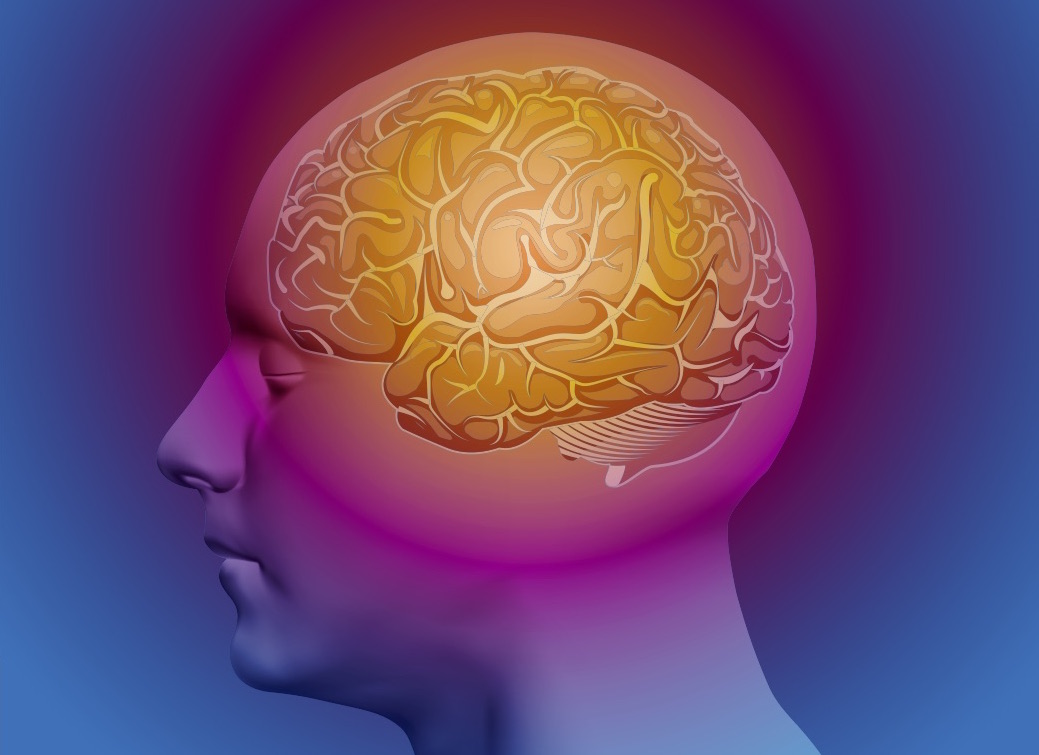
Novel Chemical 'Washes Away' Alzheimer's Plaque in Mice
By Christopher Wanjek published
Researchers have found a molecule that breaks down the clumps of protein linked with Alzheimer's disease.
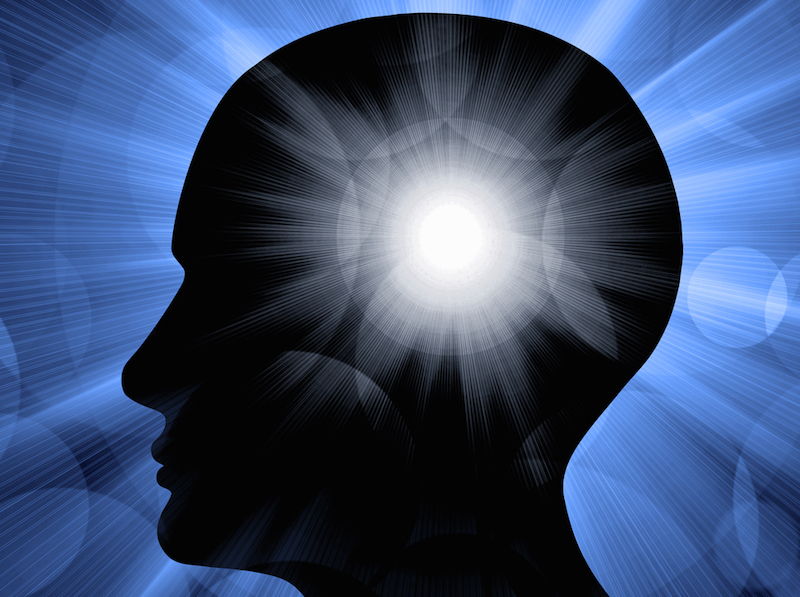
Speaking More Than One Language Eases Stroke Recovery
By Christopher Wanjek published
People who speak more than one language seem to fare better after a stroke, a new study finds.
Sign up for the Live Science daily newsletter now
Get the world’s most fascinating discoveries delivered straight to your inbox.


